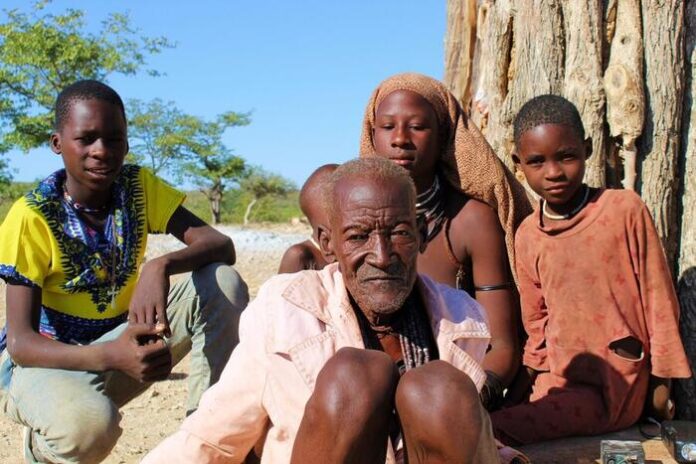As world leaders gather this week in Paris to leverage their collective power against crises threatening global stability, the president of the UN’s lnternational Fund for Agricultural Development (IFAD) will call for long-term support for the small-scale farmers who are essential for food security but get short-changed in the response to climate change, conflict and spiralling prices.
Alvaro Lario, IFAD’s president, will issue his call to action in a spotlight address at the Paris Peace Forum held November 11-12 with the participation of French President Emmanuel Macron and heads of state, government and civil society organizations. This year’s Paris Peace Forum focuses on collective responses to the “multicrisis” emerging from the war in Ukraine, the COVID pandemic and the effects of climate change.
“Dramatic rises in food, energy and commodities prices, as well as climate-related disasters, are having a devastating impact everywhere – but nowhere are the consequences as severe as for the poor and hungry in rural areas,” said Lario before the forum. Forum events can be viewed on the agenda here.
“The fact is that today we need both emergency relief to prevent rising hunger and increased commitment to long-term development. This is the only way to build future resilience and break the cycle of crisis,” he added.
Around 80 per cent of the world’s poor, and most of the hungry, live in rural areas and struggle to access markets, and harness resources and technology to build resilience against shocks.
IFAD is the leading international financial institution specialized in agriculture and focusing on smallholder farmers and the rural businesses that depend on them. Since 1978, the Fund has provided more than US$23.2 billion in grants and low-interest loans to fund projects in developing countries.
IFAD-supported projects reach over 128 million people annually.








